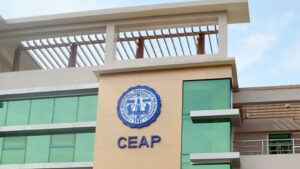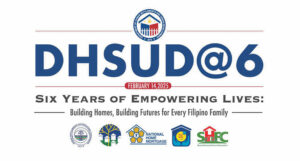THE Catholic Educational Association of the Philippines (CEAP) backed a government-led review of Comprehensive Sexuality Education (CSE) policies, stressing the need for a balanced and inclusive approach that considers the autonomy of faith-based schools.
In a statement on Thursday, CEAP said it welcomed the initiative led by Education Secretary Juan Edgardo M. Angara to consult stakeholders on the policy’s implementation, emphasizing the importance of clear and well-grounded guidelines.
While acknowledging efforts to curb teenage pregnancies, CEAP raised concerns about potential overlaps with existing laws, including the Responsible Parenthood and Reproductive Health Act (Republic Act [RA] No. 10354) and the Magna Carta of Women (RA No. 9710).
The group cautioned against a standardized framework that could challenge the academic freedom and identity of Catholic schools.
“A one-size-fits-all curriculum may not fully reflect the cultural, religious, and institutional contexts of all schools,” it said. “Any reproductive health education program should allow flexibility, ensuring that schools can integrate faith-based perspectives while addressing students’ needs.”
The group also underscored the role of parents as primary educators in their children’s moral and sexual development, urging policymakers to respect parental authority in any school-based sexuality education program.
In February 2024, Save the Children reported there was a 35% increase in teenage (girls aged 15 and below) pregnancies between 2021 and 2022. — Chloe Mari A. Hufana






